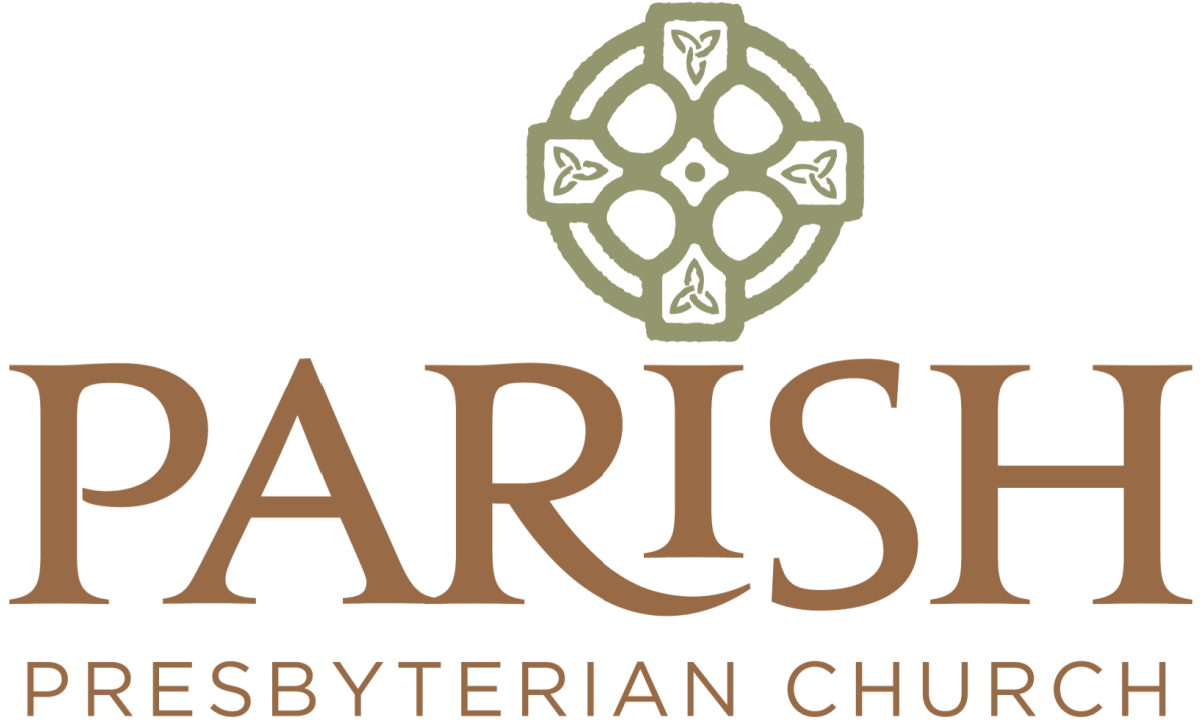Often called Childermas, Kindermord, or the Feast of the Holy Innocents, this day solemnizes the slaughter of the children of Judea by Herod the Great following the birth of Christ. It has always been the focus of the Christian’s commitment to protect and preserve the sanctity of human life—thus serving as a prophetic warning against the practitioners of abandonment and…
“Fear not, then,” said the angel, “let nothing you affright; This day is born a Savior of a pure virgin bright, To save all those who trust in Him from Satan’s power and might.” O tidings of comfort and joy! The hymn that frames our service this morning, God Rest Ye Merry, Gentlemen, is one of the most beloved Christmas…
Come, then, banish all your sadness, one and all, great and small; come with songs of gladness Love Him who with love is glowing, hail the star, from afar, light with joy bestowing. —Paul Gerhardt In this morning’s sermon text from Matthew 2, we find the story of the “wise men from the east” and the star they observed…
During Advent, you may notice several changes to our typical Sunday liturgy which are designed to set this season of the church year apart. The portion of our service dedicated to confession contains two musical responses (“Lord, have mercy,” and a sung “Amen”), as well as a time of silent prayer, to emphasize this aspect of worship during a penitential…
Advent is a season of preparation. For centuries, Christians have used the month prior to the celebration of Christ’s incarnation to ready their hearts and their homes for the great festival. While we moderns tend to do a good bit of bustling about in the crowded hours between Thanksgiving and Christmas, that hardly constitutes the kind of preparation Advent calls…
G.K. Chesterton famously wrote, “Thanks are the highest form of thought” and “gratitude is happiness doubled by wonder.” Having been away from Parish for an entire month, Karen and I feel the truth of that perhaps more than ever. We know that we are blessed beyond measure—and we are so glad we are able to express it so clearly together…

